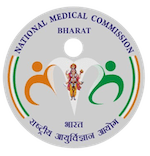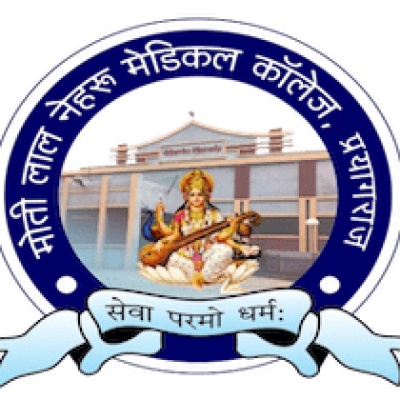Paramedical
Paramedical
Paramedical programs are designed to train professionals who provide essential healthcare services and support to patients, typically working alongside doctors and nurses. These programs cover a range of disciplines, each focusing on specific aspects of patient care and medical support.
1. Introduction to Paramedical Sciences
- Overview: Objectives and scope of paramedical education.
- Career Paths: Potential job roles and career opportunities in various paramedical fields.
- Professionalism: Understanding the role and responsibilities of paramedical professionals.
2. Basic Medical Sciences
- Human Anatomy and Physiology:
- Study of the structure and function of the human body.
- Understanding body systems, organs, and their interrelationships.
- Medical Terminology:
- Familiarization with the language and terminology used in healthcare.
- Pathology:
- Basic concepts of disease processes, including infection, inflammation, and neoplasia.
3. Clinical Skills
- Patient Assessment:
- Techniques for assessing patient health, including history taking and physical examination.
- Basic Life Support (BLS) and Advanced Cardiovascular Life Support (ACLS):
- Techniques for managing cardiac emergencies, including CPR and use of defibrillators.
- Vital Signs Monitoring:
- Measurement and interpretation of vital signs (e.g., blood pressure, pulse, respiration, temperature).
4. Specialized Training
- Radiology and Imaging:
- Principles and techniques of diagnostic imaging, including X-rays, CT scans, and MRI.
- Laboratory Technology:
- Techniques for collecting and analyzing clinical specimens, including blood, urine, and other bodily fluids.
- Emergency Medical Services (EMS):
- Protocols and procedures for providing pre-hospital emergency care.
- Physiotherapy and Rehabilitation:
- Techniques for physical therapy, rehabilitation, and support for recovery from injuries or surgeries.
- Nursing and Patient Care:
- Basics of patient care, including medication administration, wound care, and patient hygiene.
5. Medical Equipment and Technology
- Medical Devices:
- Use and maintenance of medical equipment such as ventilators, infusion pumps, and diagnostic tools.
- Health Informatics:
- Basics of electronic health records (EHR) and medical documentation.
6. Pharmacology
- Drug Categories:
- Understanding different classes of medications and their effects.
- Drug Administration:
- Techniques and protocols for safe administration of medications.
7. Ethics and Professionalism
- Medical Ethics:
- Principles of medical ethics, including patient confidentiality, consent, and professional conduct.
- Legal Aspects:
- Understanding legal responsibilities and rights in the healthcare setting.
8. Practical Training
- Clinical Rotations:
- Hands-on experience in hospitals, clinics, or other healthcare settings.
- Internships and Fieldwork:
- Supervised practical experience in real-world settings relevant to the chosen paramedical field.
9. Assessment and Evaluation
- Exams:
- Written, practical, and oral examinations to assess knowledge and skills.
- Skills Assessment:
- Evaluation of practical skills through simulation and real-life scenarios.
10. Professional Development
- Workshops and Seminars:
- Participation in continuing education opportunities and skill enhancement.
- Certification:
- Obtaining relevant certifications for practice in the chosen paramedical field.
11. Additional Resources
- Recommended Textbooks:
- Key references and learning materials specific to paramedical sciences.
- Online Resources:
- Access to medical databases, educational platforms, and professional organizations.
- Support Services:
- Academic advising, career counseling, and support services for students.
Paramedical programs are designed to equip students with the skills and knowledge needed to provide critical support in healthcare settings. Each program may vary based on the specific paramedical field and the institution offering the course.



